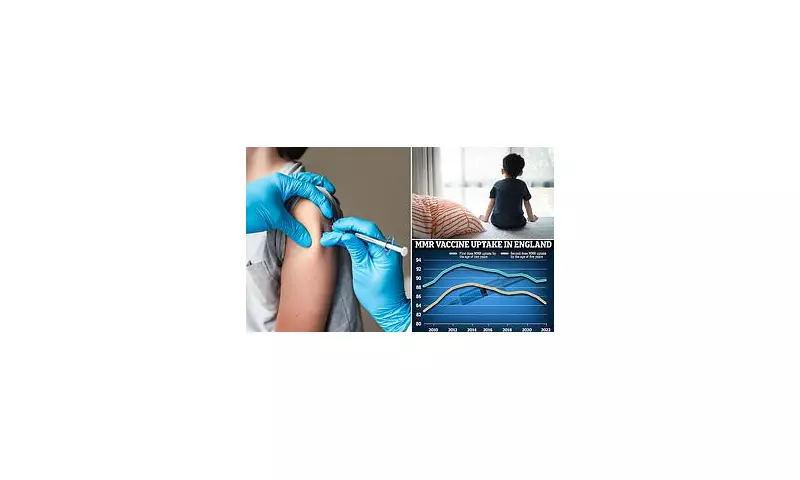
A landmark study has once again confirmed that childhood vaccinations do not increase the risk of autism spectrum disorders. The comprehensive research, examining data from over 650,000 children, provides the most definitive evidence to date refuting this long-debunked myth.
The Science Speaks Clearly
Researchers analysed national health records spanning more than a decade, comparing vaccination rates with autism diagnoses. Their findings revealed:
- No increased autism risk among vaccinated children
- No correlation between vaccine timing and autism development
- No difference in outcomes between single and combined vaccines
Why This Matters Now
Despite overwhelming scientific consensus, vaccine hesitancy persists among some parents due to misinformation. This study's unprecedented scale and rigorous methodology offer particularly compelling evidence for healthcare professionals and concerned families.
Lead researcher Dr. Emily Stanton emphasised: "Our findings should give parents complete confidence in following NHS vaccination schedules. The safety of these life-saving interventions is beyond question."
Understanding the Origins of the Myth
The discredited autism-vaccine link stems from a fraudulent 1998 study that was later retracted. However, its damaging legacy continues to impact public health efforts worldwide.
Public health experts hope this new research will finally lay the controversy to rest, ensuring children receive vital protection against preventable diseases.





